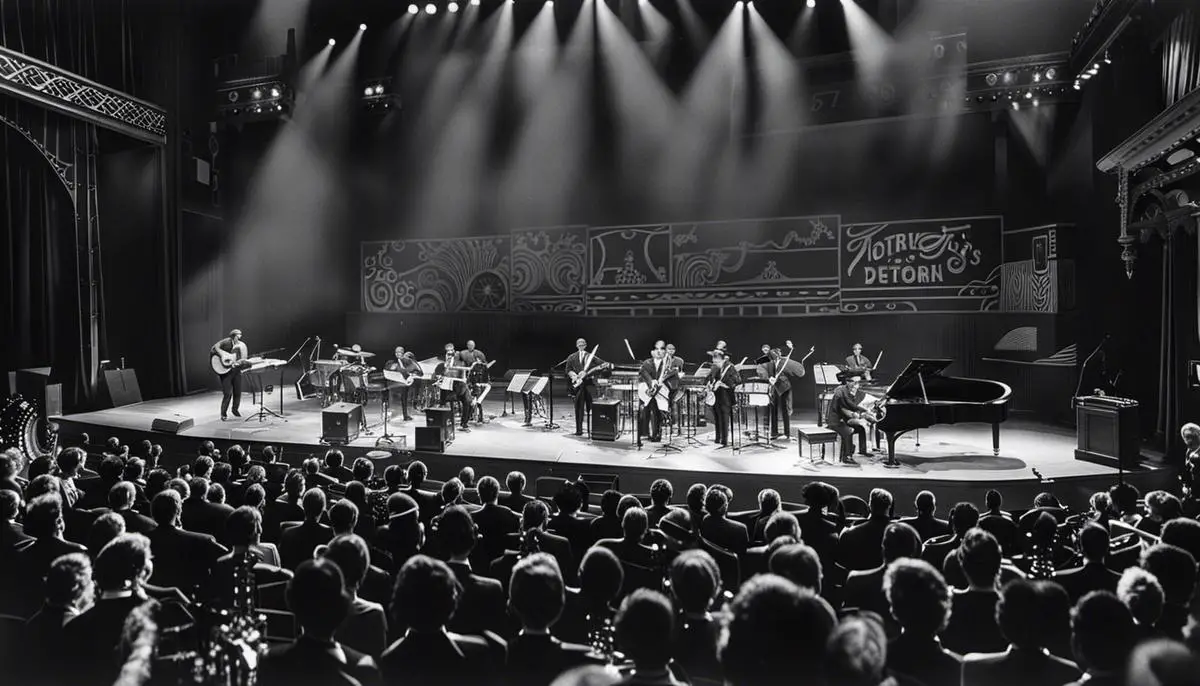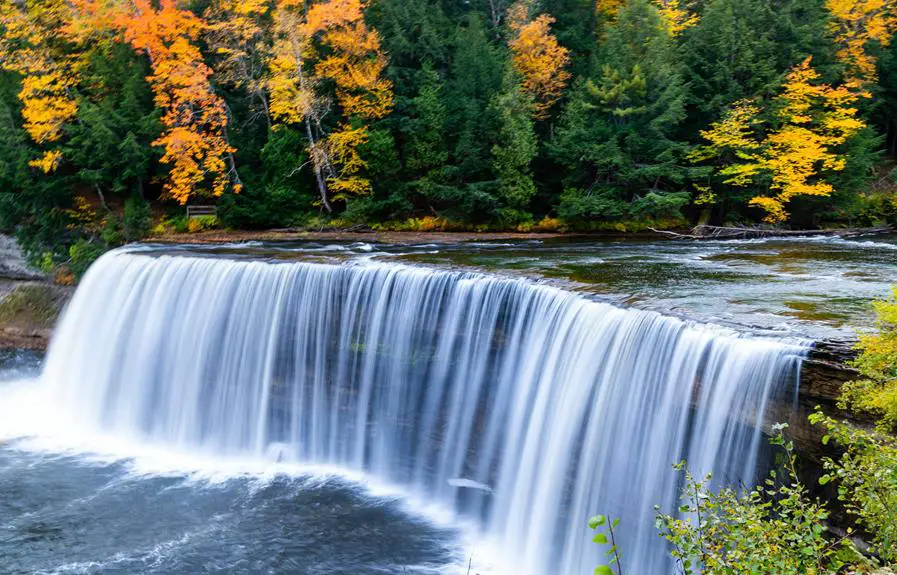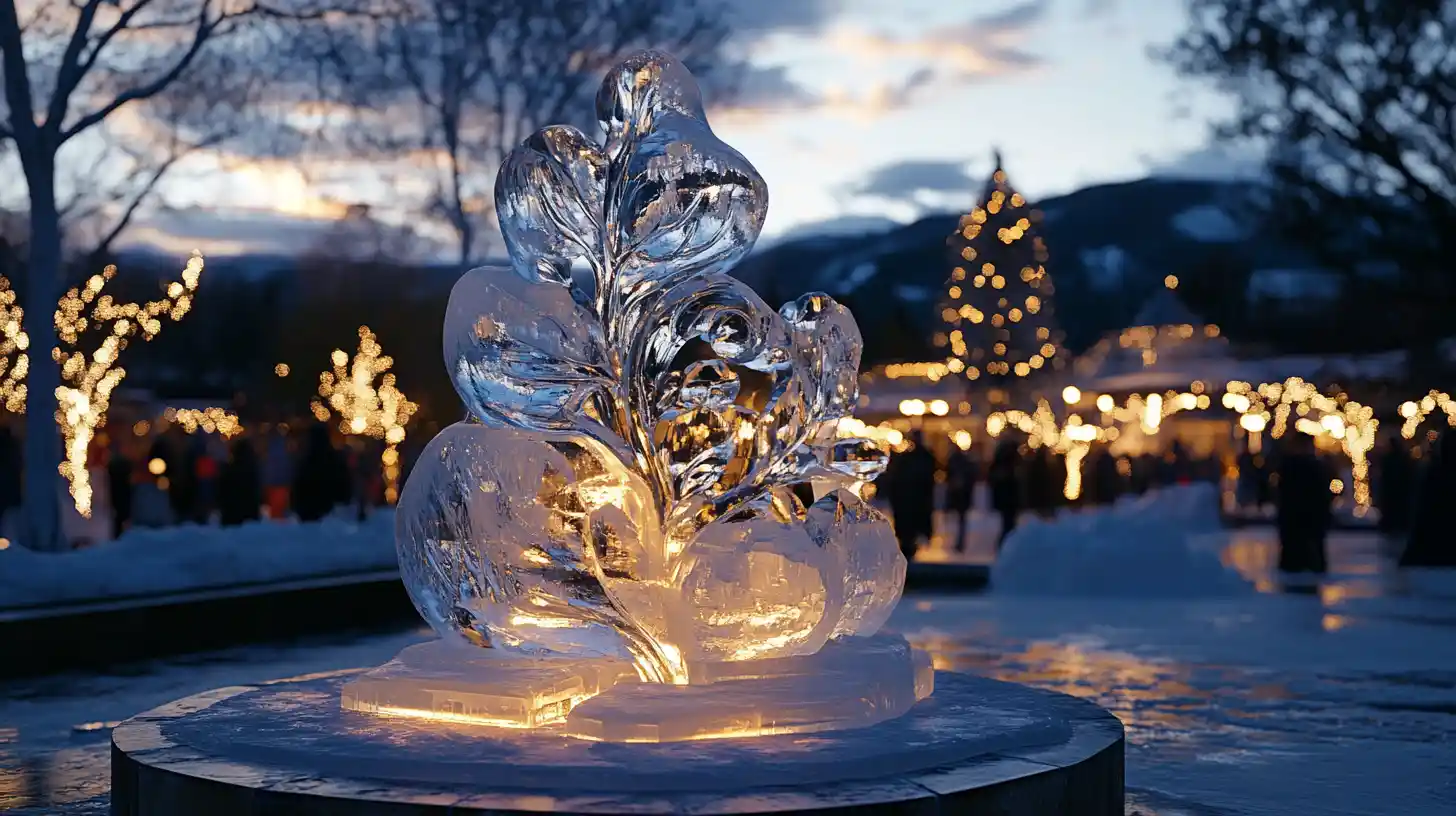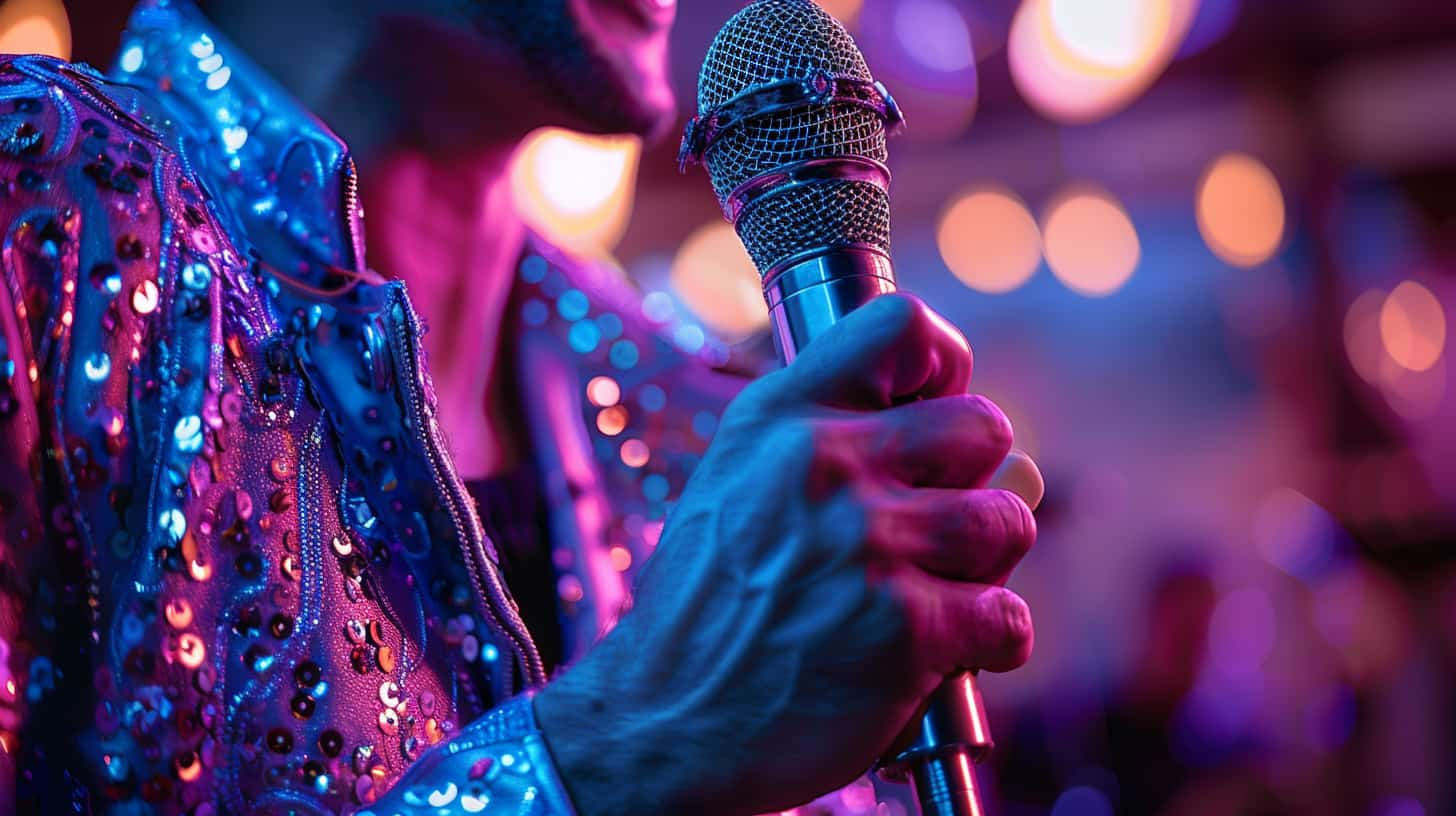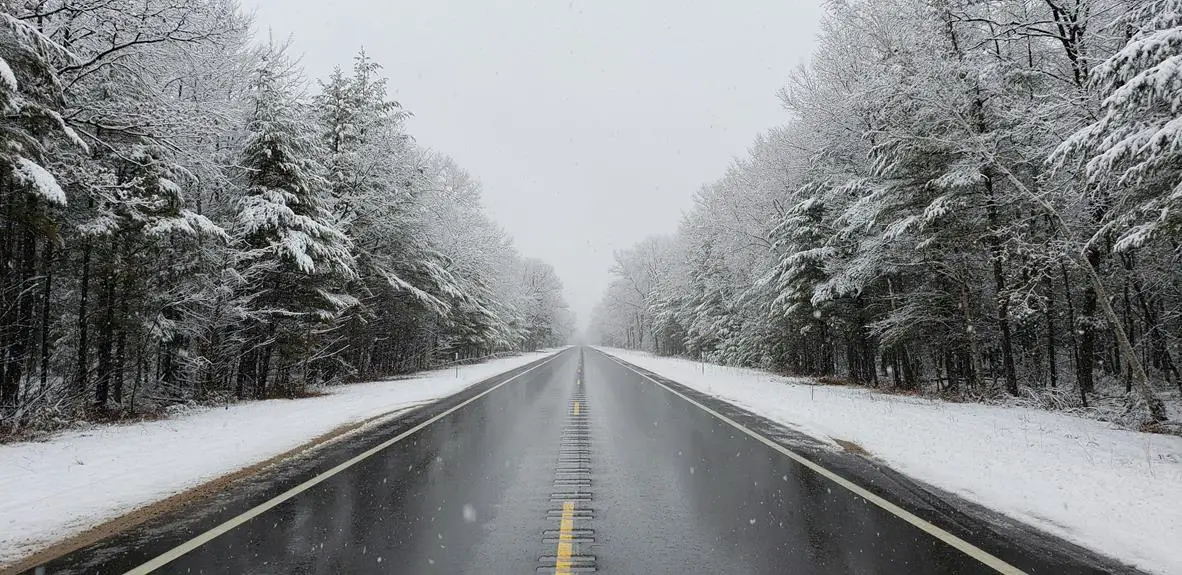Detroit, Michigan, fondly referred to as ‘The Motor City’, is globally recognized for more than just its ties to the automotive industry. It is also deeply praised for its remarkable influence in the music world. The city’s rich music history spans numerous genres, from jazz and techno, to hip hop and rock, earning it a respected position on the global stage.
The following discourse delves into the illustrious music scene of Detroit, tracking its historical origins, its iconic figures, the vibrant current landscape, notable venues and festivals, as well as the trajectory of its future in a rapidly changing digital era.
Historical Overview of Detroit’s Music Scene
Origins of Detroit’s Music Scene
Detroit has a long and storied history in the music world, starting as early as the 19th century with the city’s integral role in the development of Ragtime music. Detroit was an important stop on the Southern-to-Northern migration routes for Black Americans, leading to an influx of diverse musical influences that helped shape the city’s music scene.
Birth and Spread of Motown
One of the most pivotal moments in Detroit’s music history was the birth of Motown Records in 1959. Founded by Berry Gordy Jr., Motown not only influenced the sound of soul music but also changed the entire music industry. Motown Records introduced the world to legendary artists such as Stevie Wonder, The Supremes, Marvin Gaye, and The Jackson 5. The “Motown Sound,” characterized by its pop-infused soul, catchy melodies, and polished production, catapulted Detroit to global stardom as a music hub.
Detroit’s Influence on Jazz
Parallel with the rise of Motown, Detroit was also making waves in the Jazz genre. The city became known for its unique style of Jazz, which was more rhythmically complex and aggressive. Renowned Detroit-based Jazz musicians such as Hank, Thad, and Elvin Jones, as well as Tommy Flanagan and Kenny Burrell, helped cement Detroit’s reputation as a key player in the global Jazz scene.
Techno Revolution
Fast forward to the 1980s and 90s, Detroit ushered in a new, transformative era of electronic music. The city became ground zero for the development of Techno music. Influenced by European electronic music and Afrofuturism, Techno was pioneered in Detroit by musicians like Juan Atkins, Derrick May, and Kevin Saunderson. Their innovative compositions pushed the boundaries of music and influenced a whole generation of electronic musicians worldwide.
Impact on Hip Hop and Beyond
In the late 1990s and early 2000s, Detroit’s Hip Hop scene began to rise with local artists making national and global impact. Eminem, arguably the most famous Detroit Hip Hop artist, helped to put Detroit on the map in the global Hip Hop industry. Other influential Detroit hip hop artists include J Dilla, whose unique production style has been incredibly influential, and Big Sean, known for his lyrical prowess and charismatic performances.
A Vibrant Music Scene in Today’s Detroit
With a deep-seated history as a pioneering city in the world of music, Detroit’s current scene holds a dynamic and inventive spirit. The city consistently breeds musicians making remarkable contributions across numerous genres, retaining its reputation as a groundbreaking influence on the global music landscape. Whether it’s the potent and universally felt tones of Motown, profound jazz resonances, or the thrumming beats of Techno, Detroit’s widespread musical footprint continues to shape and strengthen the identities of both the city and the world’s music scene.

Prominent Figures in Detroit’s Music Scene
The Ascendancy of Stevie Wonder: A Motown Legend
The iconic Stevie Wonder, born as Stevland Hardaway Judkins in the year 1950 in Saginaw, Michigan, relocated to Detroit at an early stage in life. Signed by the distinguished Motown label as a mere child, Stevie quickly ascended to stardom as a remarkable singer, songwriter, and multi-instrumentalist. Despite being visually impaired due to a condition that developed shortly after birth, he surmounted his challenges to become one of the music industry’s most influential contributors.
With an impressive portfolio that includes 30 top-ten hits in the U.S. and 25 Grammy Awards, Stevie’s indelible mark on the Motor City’s music scene cannot be overstated. His groundbreaking work covers an array of genres – pop, soul, R&B, funk – and his innovative application of synthesizers and modern recording techniques continues to inspire musicians today.
Aretha Franklin: The Queen of Soul
Born in 1942 in Memphis, Tennessee, Aretha Franklin traveled to Detroit at a young age. Raised in a home filled with music, she began singing gospel at her father’s church. Franklin later signed with Atlantic Records and quickly rose to stardom with hits like “Respect” and “Chain of Fools.” Her powerful vocals and emotive performances helped to redefine the R&B genre. Her fabulous career, marked with 18 Grammy Awards and numerous other accolitions, made her a prominent figure in Detroit’s music community. Franklin’s legacy continues to influence numerous artists, and her music continues to be celebrated in Detroit and around the world.
Eminem: The Motor City’s Rap Icon
Marshall Mathers, known by his stage name Eminem, was born in St. Joseph, Missouri but spent most of his life in Detroit, Michigan. Despite having a troubled upbringing, Eminem, who overcame significant racial stigma as a white rapper in a predominantly black industry, became one of the most successful musicians worldwide. With his unique flow, complex rhymes, and authentic storytelling, he brought the Detroit rap scene to the international stage. As of today, Eminem has garnered more than 15 Grammys, an Academy Award, and has sold more than 220 million records globally.
Jack White: Indie Rock’s Detroit Prodigy
Detroit-born Jack White has been a prominent figure in the Detroit rock scene since the late 1990s. He rose to fame as the lead vocalist of the rock duo “The White Stripes.” With his distinctive voice, innovative guitar style, and raw recordings, White helped usher in a garage rock revival. His solo career further solidified his place in Detroit’s music scene. Jack’s contributions extend beyond performance; he founded Third Man Records, a music label that has been instrumental in promoting independent artists. He continues to promote Detroit’s music scene and remains an influential figure in rock music.
Detroit: The Cradle of Musical Diversity
Known as the birthplace of the Motown sound and garage rock, Detroit boasts an impressive and varied music scene that has spanned several decades. This remarkably diverse mix of artists from different eras has significantly influenced the city’s rich musical heritage, giving way to a continuously evolving music landscape.

Current Music Scene and Genre Diversity
Detroit as the Melting Pot of Music Genres
Present-day Detroit’s music culture is a vibrant and eclectic scene, no longer just identified with Motown and garage rock. All styles of music find their home here, from traditional jazz, blues, and techno to the growing popularity of hip hop, punk, metal, and indie music. The city’s openness to new sounds illustrates its creative inclusivity.
Fans of pop, country, or classical music also have plenty to celebrate as Detroit’s vibrant music scene ensures there’s something for everyone. With emerging new artists across these genres, the city’s music industry is not only adaptive but also a leading influence in shaping Detroit’s cultural spectrum.
Popular Local Bands and Artists: From Veterans to Newcomers
The city’s music scene hosts a profusion of talents, from seasoned veterans to promising newcomers. Big Sean, arguably one of Detroit’s most successful contemporary artists, continues to influence the hip hop scene significantly. Other established artists like Jack White and Eminem continue to leave their mark, influencing upcoming artists and solidifying Detroit’s musical reputation further.
Up-and-coming talents such as rapper Sada Baby and indie band Jr Jr also form essential components of Detroit’s vibrant music tapestry. Their unique voices and songwriting genius signal the future of the music industry in Detroit.
Thriving Music Industry Amid Challenges
Despite underwent several transitions, Detroit’s music industry has remained resilient. With the advent of digital platforms, local artists have a better chance of producing and distributing their music worldwide. While this advancement posed challenges for some, the majority have used it to their advantage to reach a broader fan base. Practical aid such as grants, subsidies, and community organization support, also work as a catalyst for numerous struggling local musicians to thrive.
Music Festivals and Underground Events: Enriching Detroit’s Contemporary Music Scene
Music festivals play an integral role in Detroit’s rich music landscape by showcasing local talent and importing renowned music artists from around the globe. The Detroit Jazz Festival and Movement Electronic Music Festival are prominent annual events where locals and tourists can indulge in some of the best music performances.
Underground music events also play an essential role in Detroit’s music scene. These hidden gems provide platforms for lesser-known talents to perform and gain recognition. The nearly legendary Motor City Funk Night, secret location raves, and intimate house concerts in suburban homes all contribute to the energetic and diverse character of Detroit’s music scene.
Often compared to the legacy of the city’s automobile industry, the music scene of Detroit is nothing short of legendary. With a broad spectrum of genres and the frequent emergence of fresh faces, the scene is vibrant, adaptable and varied, catering to a wide range of audience tastes. Despite its transformation over the years, the underlying principles of innovation and diversity still guide Detroit’s music scene, encouraging local talents, inviting cosmopolitan influences and weaving a rich cultural tapestry that resonates not just throughout the city, but echoes across the national music landscape.

Photo by oscartothekeys on Unsplash
Music Venues and Festivals in Detroit
Iconic Music Venues: The Heartbeat of Detroit
There are many factors contributing to Detroit’s status as a top-tier music city, one of the most prominent being its historic music venues. The Fox Theatre, situated in Downtown Detroit, stands as a shining example. Constructed in 1928, this architectural marvel pays homage to the golden era of Detroit, and continues to stage numerous performances, encompassing a variety of modern music genres. The building’s architectural importance led to its recognition as a National Historic Landmark in 1989. Beyond its historic value, the theater provides a superior auditory experience courtesy of contemporary enhancements.
The Detroit Opera House is another cherished location offering a quintessential Detroit music experience. While primarily hosting operatic performances, its repertoire extends to musicals, ballet performances and other music-based events. Following a substantial refurbishment, the venue reopened in 1996 and has since offered audiences world-class entertainment in a setting that seamlessly blends modern facilities with the building’s original 1922 design aesthetic.
Annual Music Festivals: Detroit’s Melodic Traditions
In addition to its famous venues, Detroit’s music culture is also kept alive through several renowned annual music festivals. The Detroit Jazz Festival, for instance, is one of the largest free-of-charge jazz festivals in the world. It has been a Labor Day weekend tradition since 1980, and continues to attract top-tier jazz musicians and large crowds to Downtown Detroit.
Mixing things up in the festival scene is the Movement Electronic Music Festival. This festival, held annually over Memorial Day weekend, is a testament to Detroit’s importance in the electronic music landscape. The event features DJs and performers from around the world, attracting a dedicated local and international audience for the high-energy celebration of Detroit’s techno heritage.
Detroit’s Underground Tunescape: An Insider’s Look
Beyond its iconic automobile industry, Detroit punches above its weight in music too, playing host to a bustling underground music scene, filled with innovative venues and festivals. Nightspots like Marble Bar, MotorCity Wine, and TV Lounge often headline an exciting mix of local and international acts, acting as indispensable destinations for music aficionados wanting to experience the authentic Motor City soundscape.
Despite undergoing a series of transformations over the decades, music remains the lifeline of Detroit. Historic venues, such as the Fox Theatre and Detroit Opera House, as well as annual events like the Detroit Jazz Festival and Movement Electronic Music Festival, symbolize Detroit’s enduring and evolving musical legacy. These venues above are all fun things to do in Detroit that people travel across the country and come to Detroit for.

Future of Detroit’s Music Scene
Detroit’s Melting Pot: Unearthing New Talent
Detroit is also becoming a hotbed of emerging music talent, performing authentic Detroit anthems with a fresh twist. Alice Longyu Gao, an avant-garde pop musician with a fusion of Eastern and Western influences, and Detroit Youth Choir, celebrated for their powerful Gospel-inspired performances, are both starting to make waves nationwide. Similarly, Icewear Vezzo, an emerging hip-hop artist, wonderfully portrays life in Detroit with equally gritty and real lyrical narratives.
In the realm of rock music, Detroit-born Greta Van Fleet bear an uncanny resemblance to the legendary Led Zeppelin, especially after their headline-grabbing Grammy-winning album. Yet another rising star, Jena Irene Asciutto, an American Idol runner-up, is adding a fresh dynamics to the music scene with her compelling vocals and stage charisma. These budding artists hint at a future for Detroit’s music scene that is beautifully diverse, dynamic, and inventive.
The Impact of Digital Platforms
The rise of digital platforms has redefined Detroit’s music scene. Artist networking and discovery platforms like Bandcamp and Soundcloud have emerged as significant channels for aspiring Detroit artists to showcase their talent.
Digital audio streaming platforms, such as Spotify and Apple Music, are changing the way audiences discover and engage with music. These platforms have democratized music distribution, enabling independent artists from Detroit to reach a global audience without the support of large record labels.
Furthermore, social media platforms like TikTok have become the launchpad for many musicians. By blending catchy tunes with viral social media trends, Detroit musicians have found new ways to break through the noise and reach out to a global audience.
Challenges Ahead for Detroit’s Music Scene
Despite the promising developments, the Detroit music scene faces challenges. Some are industry-wide, such as the ongoing financial struggles of musicians in the streaming era, where artists garner fractions of pennies per stream. This has sparked debates about fair pay for artists and possible regulatory responses.
The gentrification of neighborhoods presents a local challenge for Detroit. As property values increase, some music venues that have been critical for the city’s music culture are struggling to stay open. The associated increase in the cost of living also threatens the affordability that has historically allowed artists to thrive in the city.
Prognosis: Nurturing the Future Sound of Detroit
Future trends shaping Detroit’s music scene are a blend of cultural shifts, technological advancements, and industry challenges. As more artists leverage digital platforms and social media to carve their own path in the music industry, there will be an increasing divergence of sounds and genres representing Detroit.
However, to ensure a thriving music scene, a multi-stakeholder approach involving local government, businesses, and community members is essential. Policy efforts that support local music venues, finance music programs, and provide affordable space for artists can help nurture Detroit’s rich music culture.
The city that birthed Motown Records, Techno, and hosted a vibrant jazz scene can anticipate a future of musical diversity and invention.

As the evolution of Detroit’s music scene continues into the uncharted waters of the future, it is essential to recognize the city’s profound history, its wealth of talented individuals, and its enduring resilience amidst industry challenges. Its music scene has not only shaped popular culture but has also provided a soulful soundtrack to the city’s journey over many decades. Undoubtedly, the Detroit music scene will continue to play a significant role in influencing global music trends, nurturing new artists, and bringing about fresh, innovative sounds to the world’s ears.
